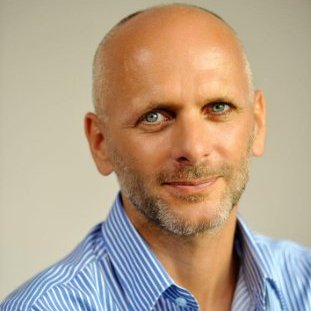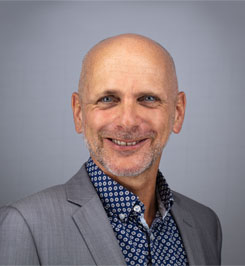Scott & Scott
Medical practice valuation dispute
The matter included a medical practice valuation, valuing the husband’s interest in the medical practice he worked in. The wife’s expert calculated the medical practice valuation interest at $247,708. The husband’s expert calculated the medical practice valuation interest at $96,000
The wife’s expert calculated the “value to owner” based on the income stream to the family. The husband’s expert calculated the “value to owner” based on the fair market value of partners entering and leaving the practice.
The experts disagreed on three key issues: the valuation method, the discount rate and the reasonable salary attributed to the husband.
Value disagreement 1 – valuation method
The wife’s expert used the Capitalisation of Future Maintainable Earnings (FME). The husband’s expert used the FME method and the goodwill as expressed in the partnership agreement. The husband’s expert referred to payments for goodwill that had been made to incoming and outgoing doctors over a reasonable time frame.
The “commerciality” of the payments under the agreements was tested with reference to the FME method. According to the husband’s expert the FME value was similar to the payments under the agreement and as such proved the commerciality of the transactions.
Value disagreement 2 – capitalisation rate
The wife’s counsel submitted that the risks identified by the husband did not accurately reflect the actual experience of the medical practice, namely:
- inherent difficulties in disposing of a country practice
- steady decrease in profits
- difficulty in attracting young doctors
The wife’s expert identified the lack of risk associated with a medical practice in terms of lack of competition and the low business failure.
Value disagreement 3 – reasonable salary
The husband’s expert used the salary of a Senior Consultant per the Medical Officers Association (MOA) enterprise agreement. According to which the salary was $110,333, based on a 37.5 hour week.
The husband worked 55 hours, so the salary was adjusted accordingly. The expert further included an on call and managerial allowance and superannuation. The resulting salary was $190,000.
As an alternative method, the expert looked at MOA doctor’s salaries as a percentage of billings, from which he inferred a relevant ratio of 65%, plus superannuation. Adjusting for extra hours for administration, this alternative method yielded a salary of $185,000.
The wife’s expert based the salary figure on the actual practices salaried full-time doctors and added superannuation to arrive at $114,000. The expert then in the joint statement recalculated a salary as a percentage of actual practice billings and arrived at a figure of $145,000.
The husband’s billings were only $200,000, so using a salary of $190,000 inferred the practice wasn’t profitable.
Judgement on value
The Judge rejected the capitalisation rate adopted by the husband’s expert on the basis that he overstated the risk factors inherent in a medical practice. On examination, the husband’s expert conceded that the difference between the values was salary and not the capitalisation rate. As such, the matter was no longer relevant.
The Judge concluded that a salary of $190,000 was at odds with the appropriate rate of payment for salaried doctors and partners in the husband’s practice.
The Judge rejected the wife’s expert salary figure of $114,000 but accepted the recalculated figure of $145,000. On the basis that the recalculated figure was based on actual figures from the practice.
Adopting the lower salary in the FME method effectively made the goodwill payments under the partnership agreement not “commercial” and so those payments were no longer relevant to the valuation.
The Judge accepted the FME value of the wife’s expert based on the recalculated salary figure.
Scott & Scott (2006) FamCA 1370
About the Author

Simon specialises in providing forensic accounting and valuation services. Prior to founding Lotus Amity, he was a Forensic Accounting partner with BDO Australia and led their National Forensics practice. He has worked as a forensic director for a major offshore forensic accounting practice which included assisting in multi-billion-dollar litigation in relation to the largest Bernie Madoff feeder fund. He has also held senior management positions with Deloitte and Crowe Horwath. Simon is a Chartered Accountant, CA Accredited Business Valuer and a Certified Fraud Examiner.


